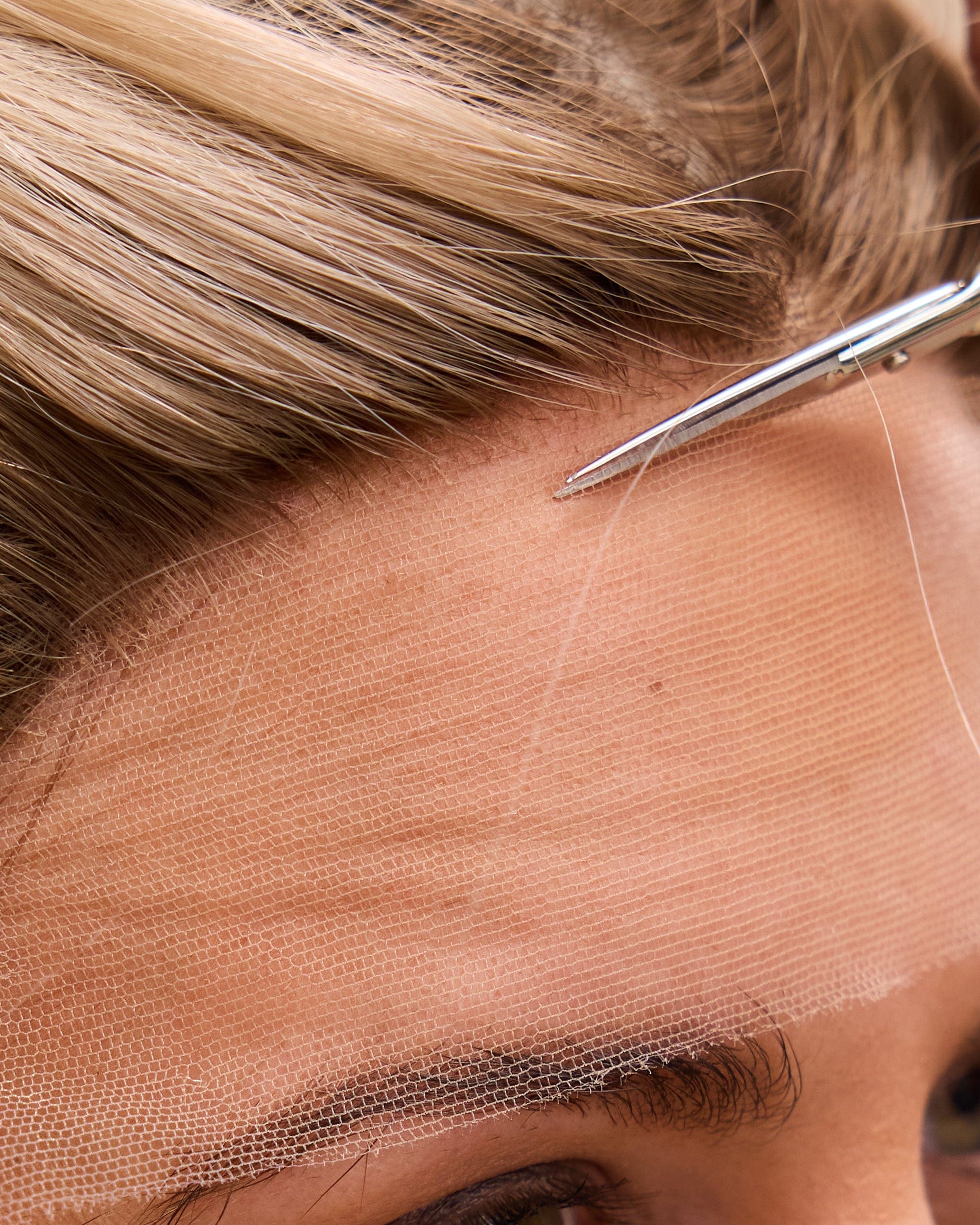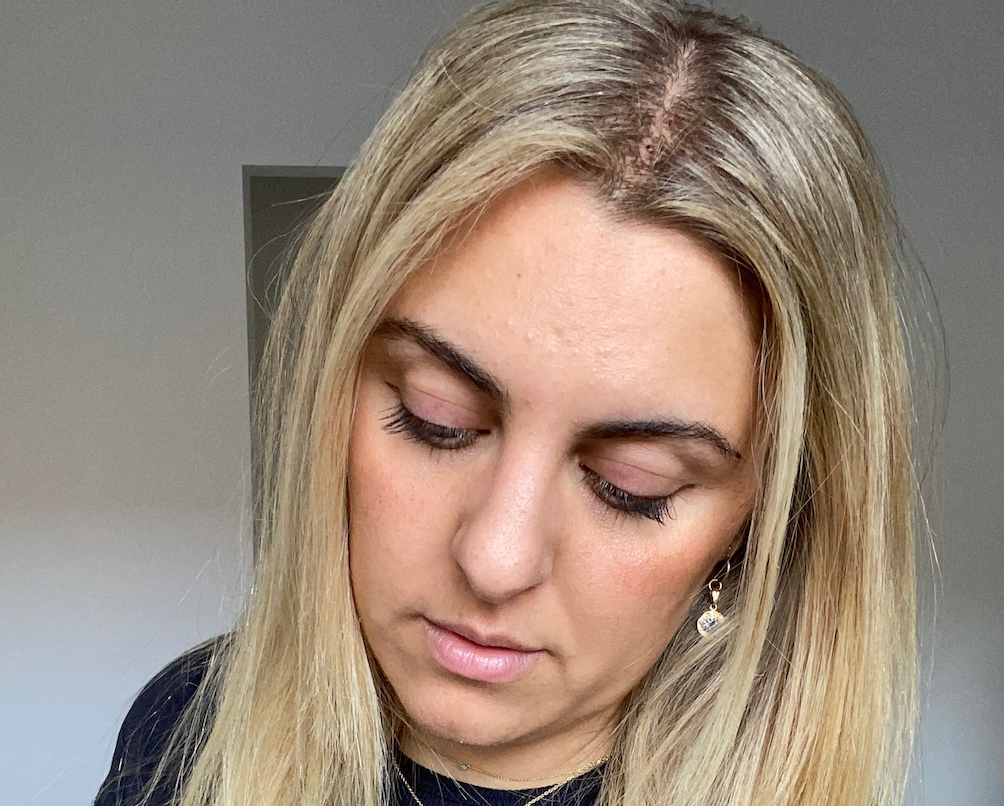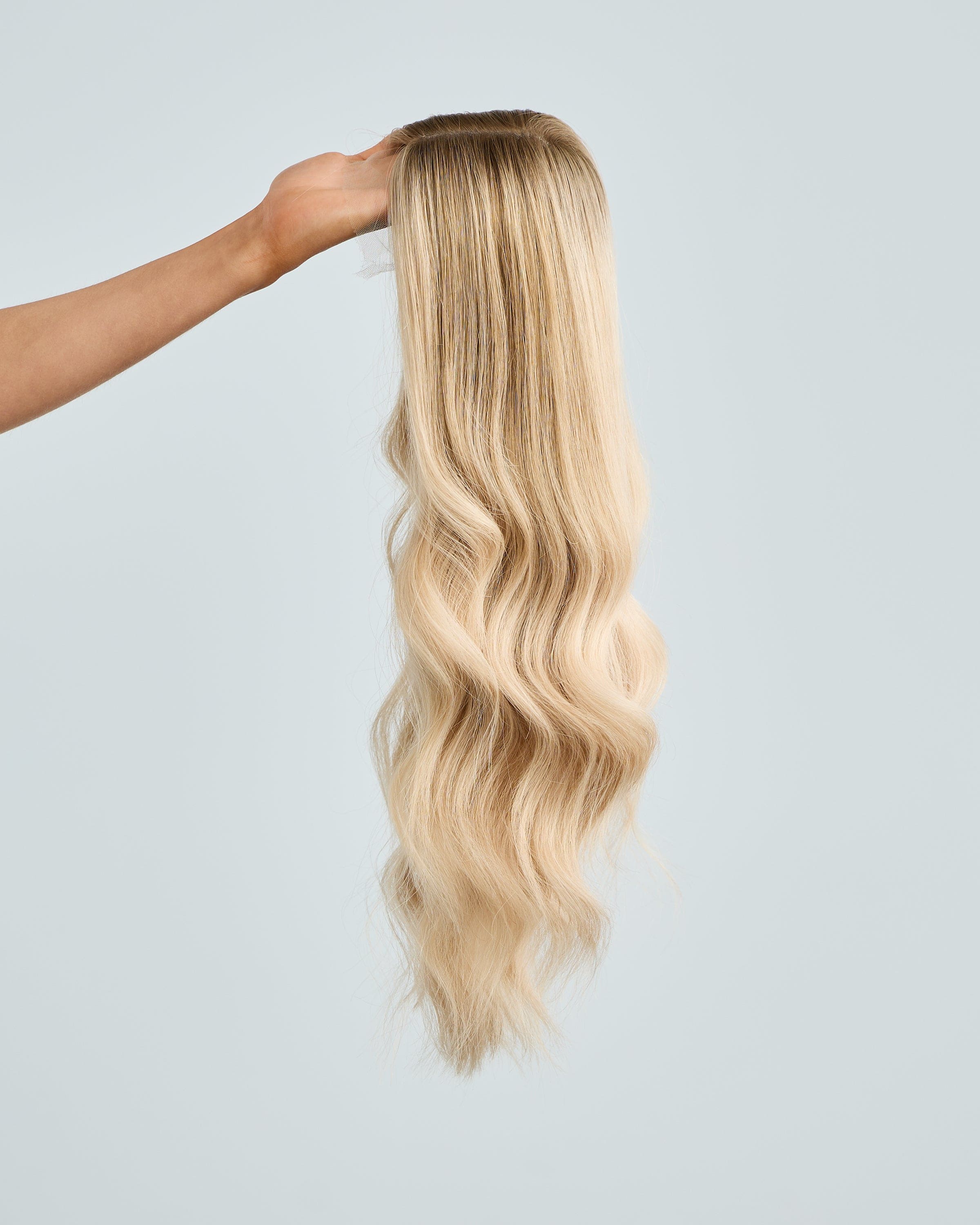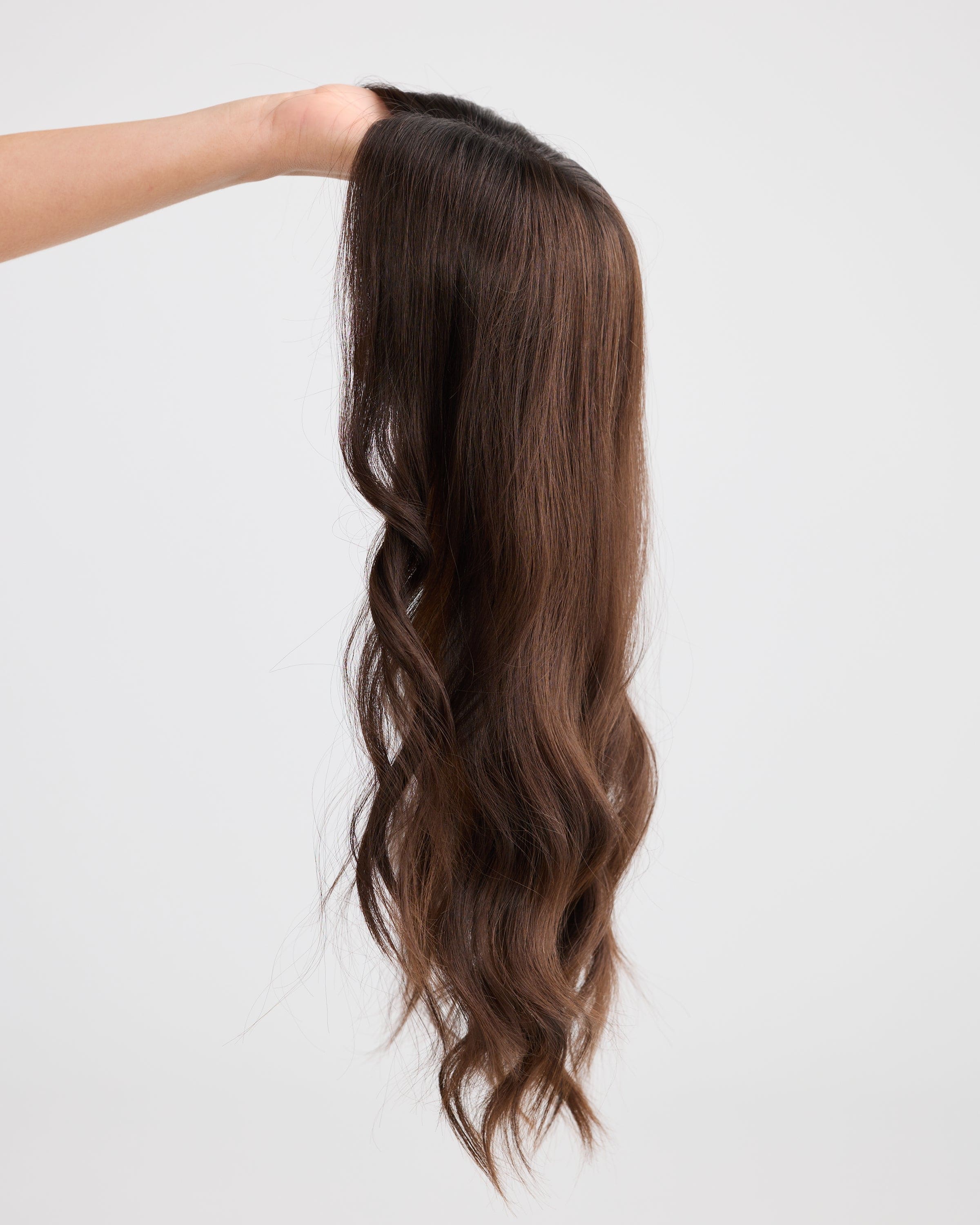Over the past few weeks, I've had the privilege of connecting with some incredible women. These women, each with their unique stories, have one thing in common: their hair loss journey due to lupus. Our conversations have revolved around the challenges they face, the choices they have, and the solutions available, especially when it comes to wigs and toppers.
Now, if you're scratching your head and wondering, "Lupus? Isn't that just a skin-related issue?" Let me shed some light. While lupus does have skin manifestations, it's so much more than that. Lupus is a multifaceted autoimmune disease, and one of its lesser-known yet impactful symptoms is hair loss.
Types of Lupus
- Systemic Lupus Erythematosus (SLE): The most common form of lupus, SLE can affect many parts of the body, including the skin, joints, kidneys, heart, lungs, blood vessels, and brain.
- Cutaneous Lupus Erythematosus: This type affects only the skin and results in rashes, especially on the face and scalp.
- Drug-Induced Lupus: Caused by certain prescription drugs, the symptoms are similar to SLE. However, they usually subside once the medication is stopped.
- Neonatal Lupus: A rare condition that affects infants of women who have lupus. It can lead to skin rashes and other symptoms, but most babies with neonatal lupus do not have serious health problems.
Other Symptoms of Lupus
Lupus symptoms vary widely, and they can come and go. Common symptoms include:
- Fatigue
- Joint pain, stiffness, and swelling
- Skin rashes, often in the shape of a butterfly across the cheeks and nose
- Sensitivity to the sun
- Shortness of breath
- Chest pain
- Dry eyes
- Headaches, confusion, and memory loss
Lupus and Hair Loss
As lupus is an autoimmune disease where the body's immune system attacks its own tissues and organs, lupus can affect various parts of the body, including the skin, joints, kidneys, and yes, even the hair. When lupus targets the skin, it can lead to lesions or rashes on the scalp. These rashes can cause scarring, which, in turn, can lead to permanent hair loss in those areas. Ouch, right?
But there's also another type of hair loss associated with lupus called "non-scarring hair loss." This is when the hair thins out but doesn't leave behind any scars. The good news? This type of hair loss is often temporary and can grow back once the lupus is managed or treated.
Hair Solutions for Lupus
Hair loss patterns in those suffering from lupus can be quite unpredictable. Therefore, we usually suggest opting for a wig if your hair loss is caused by lupus. Toppers are fantastic for partial hair loss and hair thinning, but you do need some hair to clip the topper clips into. If your hair loss progresses from lupus, wigs will be a safer option.
We also like to suggest our Game Changer Wig for lupus patients as this wig has the softest, most comfortable cap construction. Lupus can often cause lesions on the skin, so a soft wig cap is essential.
Taking the Next Step
If you suspect that lupus might be the culprit behind your hair loss, it's essential to see a doctor. They can provide a proper diagnosis and guide you on the best treatment options. Remember, managing lupus can often lead to an improvement in hair loss symptoms.
And if you're looking for a bit of a confidence boost while you navigate this journey, Lusta is here for you.
In Conclusion
Life throws curveballs, and lupus is definitely one of them. But with the right knowledge, support, and tools at your disposal, you can navigate this challenge with grace and confidence. Remember, you're not alone in this. Whether it's the supportive community of women who understand what you're going through or the perfect hairpiece that makes you feel like a million bucks, there's always a way to find your shine again.
Sending you all love and strength on this journey. 💕


















